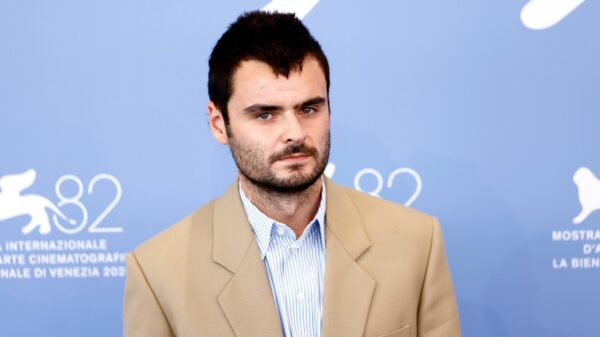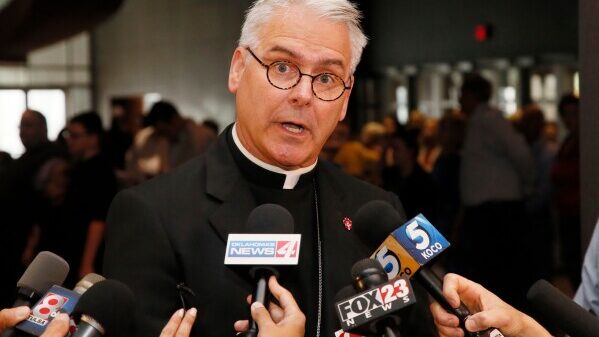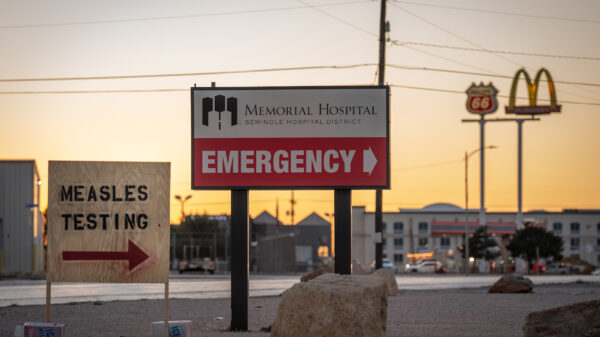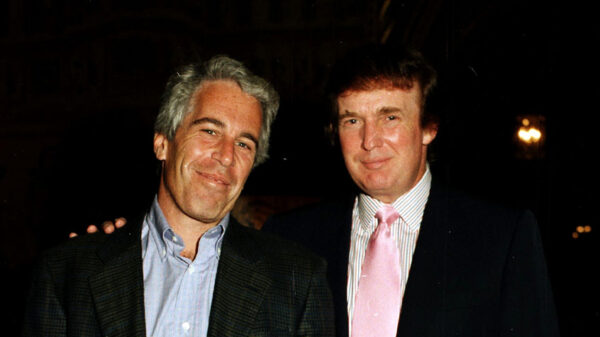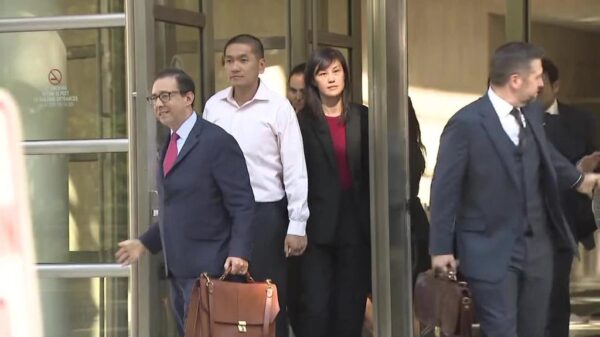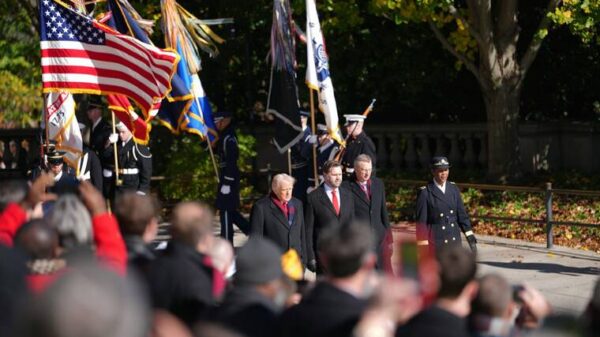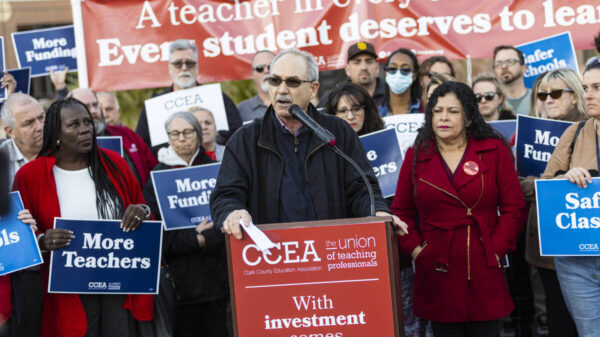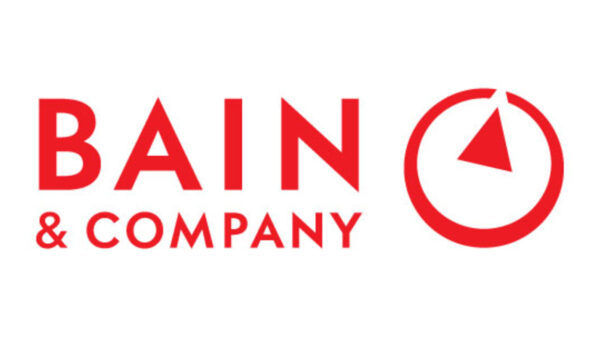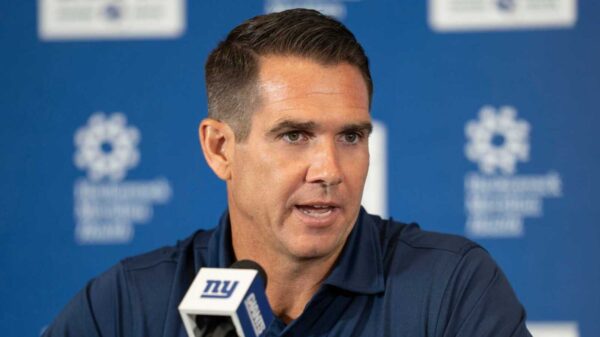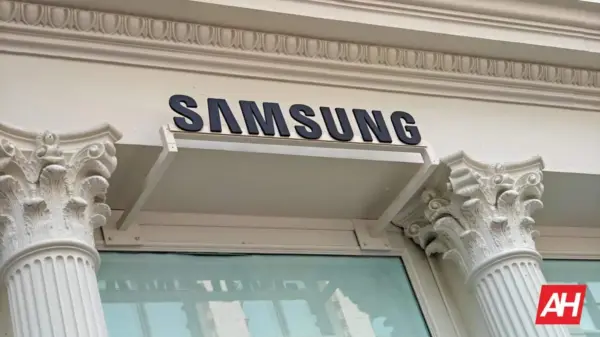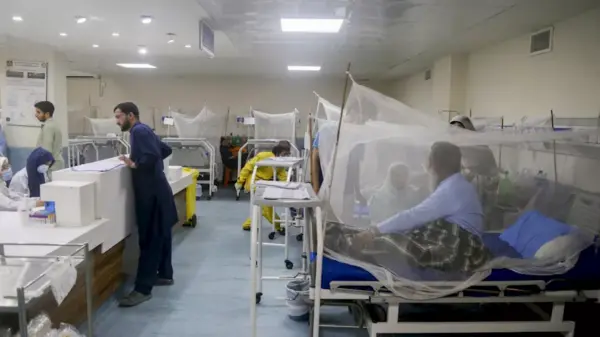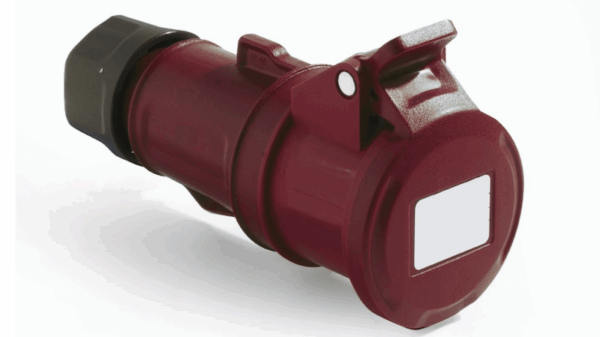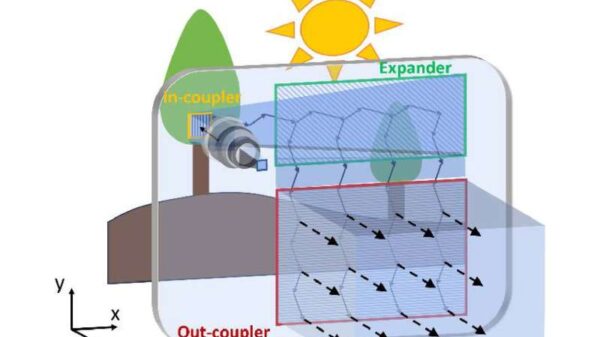UPDATE: Montana’s freshman senator, Tim Sheehy, faced fierce backlash after a contentious interview with CNN’s Kaitlin Collins that aired earlier today. His performance has drawn national attention, raising concerns about his capability to represent the interests of Montanans and leaving many questioning his grasp of critical issues affecting the state.
During the interview, Sheehy struggled to address the fiscal impacts of the Trump administration’s budget cuts, instead resorting to interruption and evasion. Collins pressed him on the cancellation of a significant $1 billion project known as the Pacific Northwest Hydrogen Hub, which was part of Trump’s Energy Department decisions. Sheehy, seemingly caught off guard, failed to acknowledge the project’s cancellation, instead attempting to shift the narrative away from the facts presented.
Collins highlighted how Montana’s Governor Greg Gianforte had previously praised the hydrogen hub project for its potential to create “good-paying Montana jobs.” This revelation underscored Sheehy’s apparent lack of awareness regarding vital state interests. In a moment of stunned silence, he ultimately ignored the issue, instead blaming Democrats for a government shutdown—a claim that contradicted the realities of congressional dynamics.
As Sheehy continued to deflect responsibility, it became clear that he was not prepared to discuss the implications of the GOP’s funding bill, which threatens to increase health insurance costs for 67,000 Montanans. Without tax credits, costs could soar from $145 to $645 per month, a statistic that Sheehy neglected to address while attacking his political opponents.
Washington Senator Patty Murray responded to the situation by emphasizing that Republican senators are “dodging the issue” of healthcare impacts during a recent forum with the Montana Nurses Association and state senator Cora Neuman. Murray’s comments highlight the growing frustration over the lack of accountability among GOP leaders during critical negotiations.
Sheehy’s actions during the interview have sparked outrage among constituents and observers alike, as many feel that his demeanor reflected poorly on Montana’s reputation for respect and consideration. Critics argue that being a U.S. senator should come with a commitment to understanding and advocating for the needs of the people he represents.
As the backlash continues to grow, many are calling for Sheehy to reassess his approach to leadership and public service. His performance not only represents a significant misstep in his political career but also raises urgent questions about the future of Montana’s interests at the federal level.
Moving forward, constituents will be watching closely to see how Sheehy addresses these pressing issues and whether he can regain their trust. The fallout from this interview serves as a reminder of the critical importance of informed and respectful dialogue in politics, particularly for those in positions of power.
This developing situation is expected to remain in the spotlight as Montanans express their concerns and demand accountability from their elected officials. Stay tuned for updates as this story unfolds.







